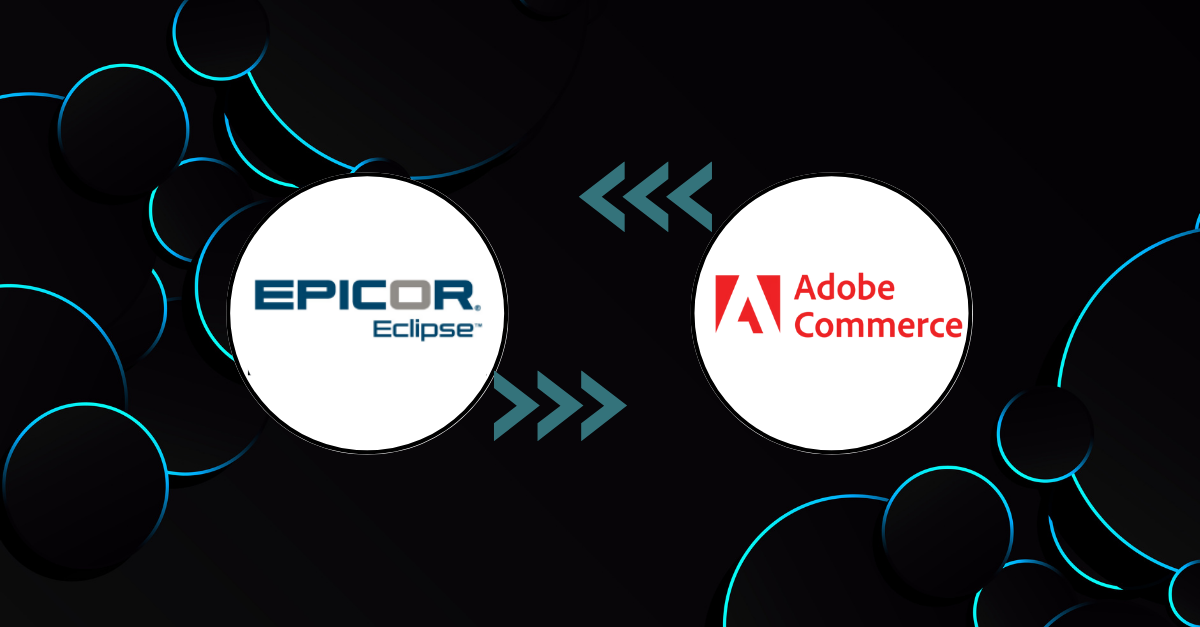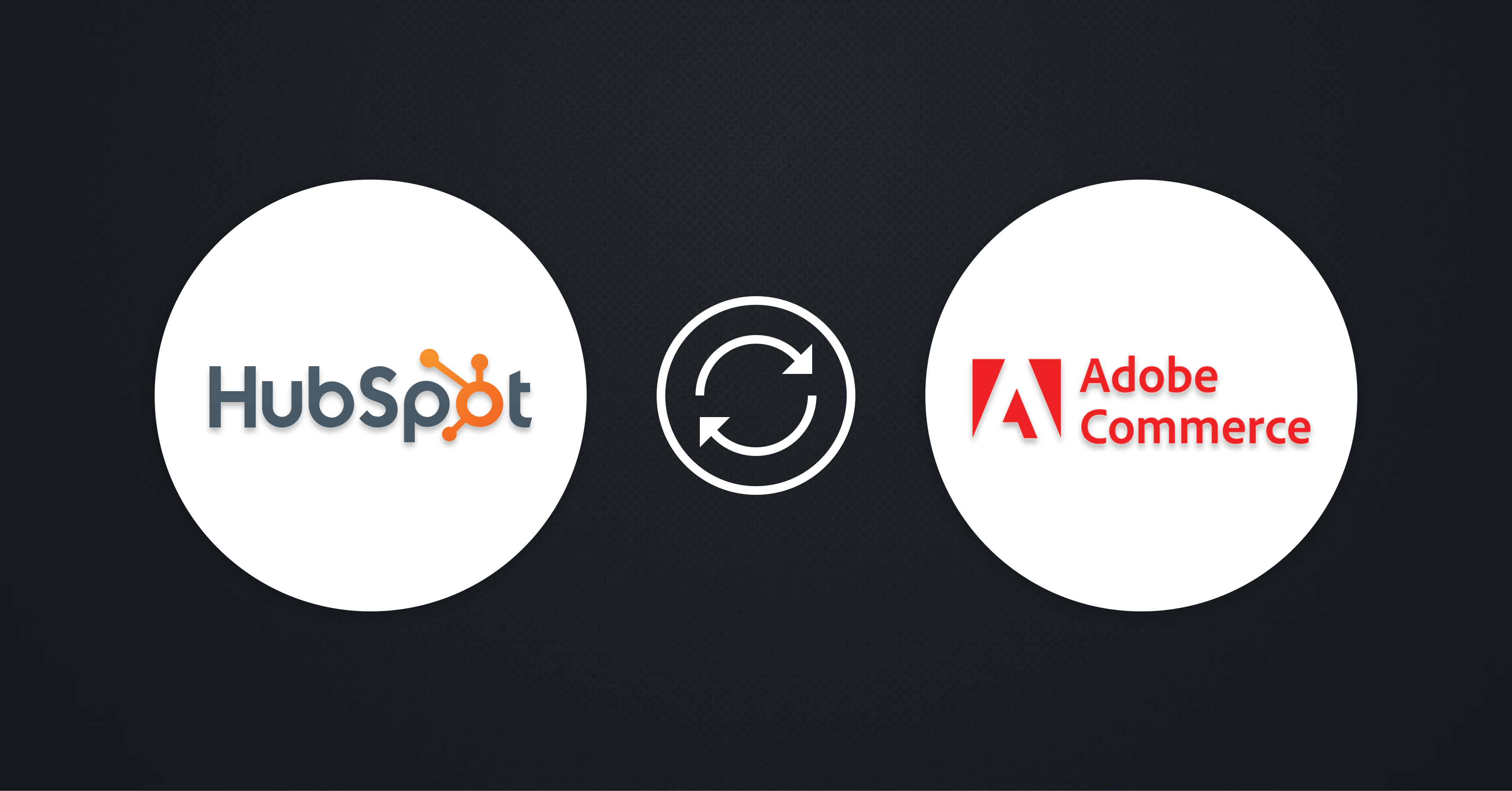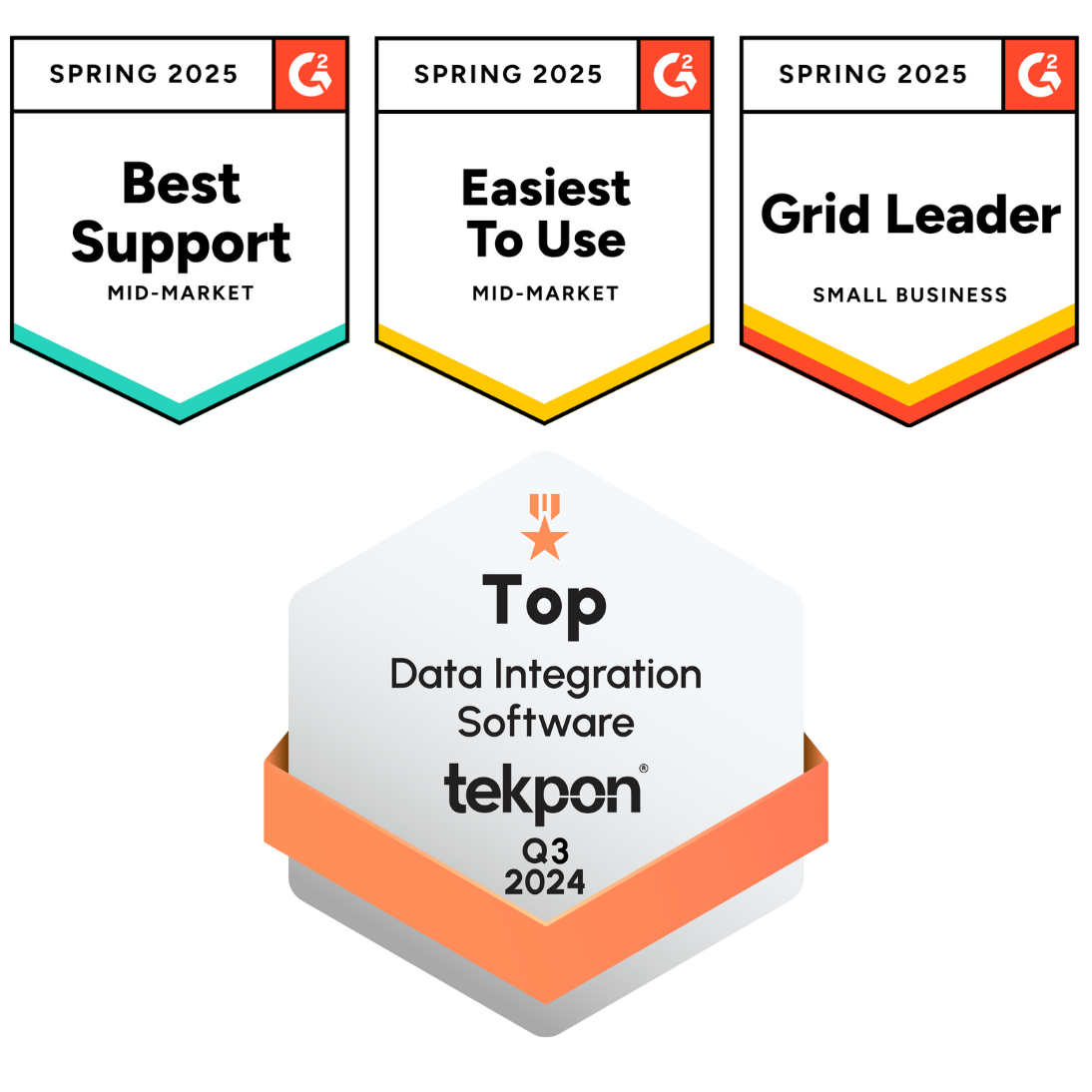Integrating Epicor Eclipse with Magento creates a powerful connection between your ERP and e-commerce platform. This integration streamlines your business operations by linking inventory management, order processing, and customer data across both systems.
The integration enables real-time data synchronization between your back-office operations and online storefront. This means your customers see accurate product information and inventory levels while your team manages everything from one central system.
Methods of Integrating Epicor Eclipse and Magento
API-Based Integration
The most common approach uses REST or SOAP APIs to connect both platforms. This method offers flexibility and allows for customized data mapping. You can control exactly what information syncs between systems and how often updates occur.
This method is best for businesses with in-house development teams who want direct control over their integration. Best suited for companies with specific technical requirements or those who prefer to manage their own infrastructure.
Middleware Integration Solutions
Third-party middleware platforms act as a bridge between Epicor Eclipse and Magento. These tools handle the technical complexity of connecting both systems. Popular options include DCKAP Integrator, Jitterbit, and MuleSoft.
Middleware solutions often come with pre-built connectors that reduce development time. They also provide monitoring tools to track data flow and catch errors quickly.
Small or mid-sized businesses looking for a balance between functionality and implementation speed can benefit most from this method. It’s great for companies with limited IT staff or those who prefer subscription-based pricing models.
Also see: Epicor EDI Integration Explained
Benefits of Integration
Real-Time Inventory Synchronization
Your Magento store displays current stock levels from Epicor Eclipse. This prevents overselling and improves customer satisfaction. When inventory changes in your ERP, your website updates automatically.
Automated Order Processing
Orders placed online flow directly into Epicor Eclipse for fulfillment. This eliminates manual order entry and speeds up processing time. Your team can focus on shipping products instead of data entry.
Centralized Customer Data
Customer information stays consistent across both platforms. When someone creates an account or updates their details, both systems reflect the change. This improves customer service and marketing efforts.
Accurate Product Information
Product descriptions, pricing, and specifications sync from your ERP to your storefront. You maintain one master catalog instead of updating multiple systems. This reduces errors and saves time.
Improved Reporting and Analytics
Combined data from both systems provides better business insights. You can analyze sales trends, inventory turnover, and customer behavior more effectively. This helps you make informed decisions about purchasing and marketing.
Reduced Operational Costs
Automation cuts down on manual labor and associated costs. You’ll need fewer staff hours for data entry and error correction. The integration typically pays for itself within the first year.
Magento Epicor Eclipse Integration Challenges
Data Mapping Complexity
Epicor Eclipse and Magento structure data differently. Field names and formats may not align perfectly. To prevent this, create a detailed data mapping document before starting integration and test thoroughly with sample data to identify mismatches early.
Performance and Scalability
Large product catalogs or high order volumes can slow down synchronization. So, implement incremental updates instead of full data refreshes. Also, schedule heavy data syncs during off-peak hours to minimize impact on system performance.
Error Handling
Network issues or system downtime can cause sync failures and data discrepancies. Build robust error logging and notification systems, create automated retry mechanisms for failed transactions, and maintain a clear protocol for manual intervention when needed to minimize such issues.
Security Considerations
Connecting systems creates potential security vulnerabilities if not properly secured. Businesses should use encrypted connections (SSL/TLS) for all data transfers, implement proper authentication and authorization protocols, and regularly audit access logs and update security credentials.
Version Compatibility
Software updates to either platform can break integration connections. Test the integrations thoroughly in a staging environment before updating production systems. It also helps to maintain documentation of your integration architecture and work with vendors who provide update notifications and migration support.
Custom Field Synchronization
Custom fields in either system may not have direct equivalents in the other platform. Plan custom field mapping during the design phase. Use middleware or custom code to transform data as needed. For example, the advanced mapping and modifier features in DCKAP Integrator can handle that for you.
Training and Adoption
Staff need to understand how the integrated system works to use it effectively. Providing comprehensive training before go-live, and getting employee buy-in can help with this.
DCKAP Integration: Top Solution For Magento Epicor Eclipse Integration
Distributor-Focused Solution DCKAP Integrator is specifically designed for manufacturers and distributors, making it particularly well-suited for businesses in these industries. The platform understands the unique challenges of distribution businesses.
ERP-First Integration Approach: DCKAP’s approach to integration allows businesses to center their ERP at the heart of their integrations and operations with ease.
Proven Track Record: DCKAP is experienced with working with Epicor products, and has designed its integrator to seamlessly connect with top ERP systems including Epicor Eclipse and Epicor P21.
Cost and Time Efficiency: Building an integration on your own requires huge investment in time, money and resources, while DCKAP Integrator makes it easy for your team. Don’t have the resources? No worries, DCKAP’s team of integration experts will make your integrations live in weeks not months.
Real-Time Synchronization: The platform provides real-time inventory and pricing updates, allowing customers to manage their accounts, orders, and tracking independently. Automated, bi-directional transfers work in real-time or in batches or at preset intervals with no limit to the amount of data you can sync between systems.
FAQs
What data should I sync between systems?
At minimum, sync products, inventory levels, orders, and customer information. Many businesses also sync pricing, shipping details, and order status updates. Your specific needs depend on your business processes.
How often should data sync?
Real-time synchronization works best for inventory and orders. Product information and pricing might sync less frequently, such as hourly or daily. Balance sync frequency against system performance.
Do I need IT staff to maintain the integration?
While some technical knowledge helps, many middleware solutions offer user-friendly interfaces. Plan for either internal IT resources or an ongoing relationship with your integration partner for maintenance and troubleshooting.
Can I integrate other systems later?
Yes, most integration platforms support multiple connections. You might add shipping carriers, payment processors, or marketing tools. Starting with Epicor Eclipse and Magento provides a strong foundation for future integrations.





